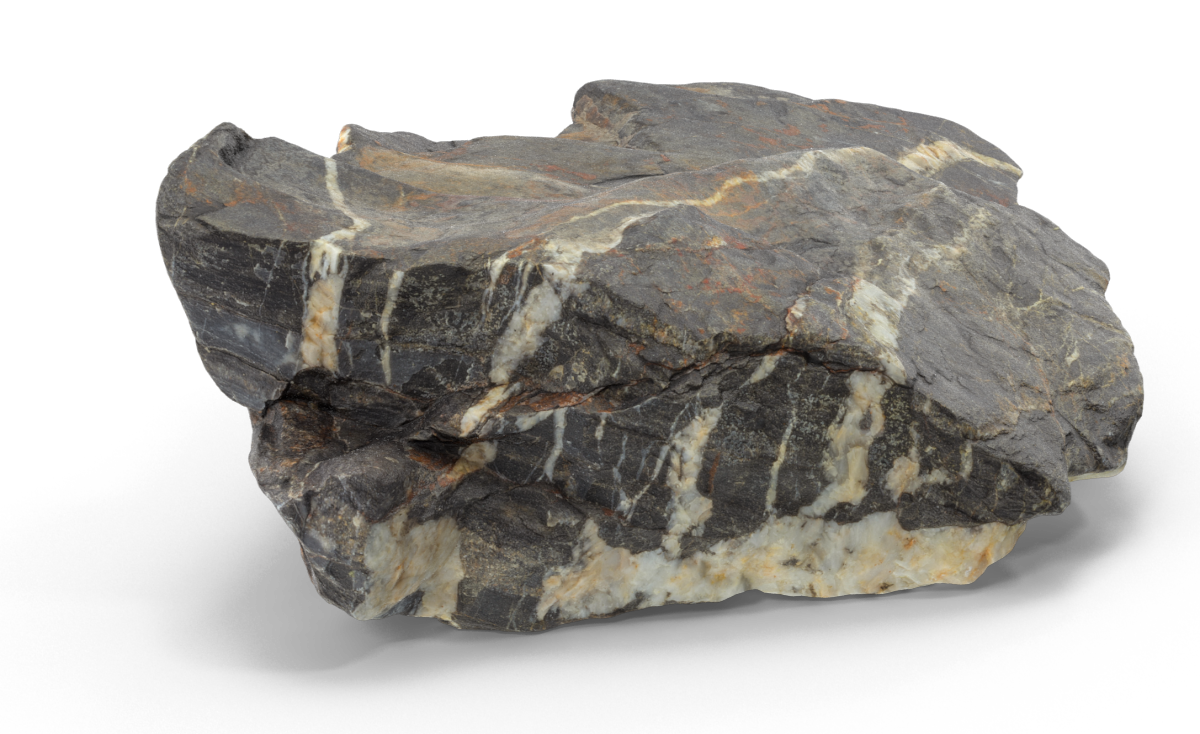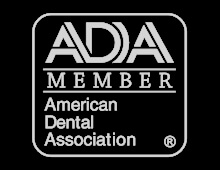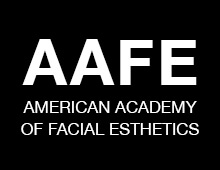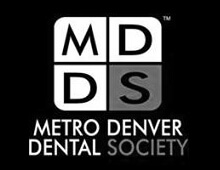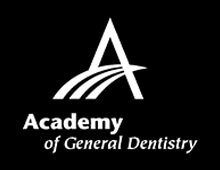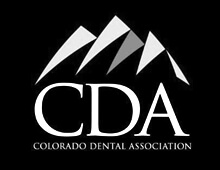In 2023, many Colorado residents exercise or run shortly after a visit to the dentist’s office. Before getting “back to the grind” too quickly, we suggest reading this article about recovery after a tooth extraction. Before hitting the Peloton, elliptical, pilates class, yoga studio or local park for your daily run right after a tooth extraction, we suggest waiting at least 72 hours.
Here at Mile High Smiles, many patients undergo a tooth extraction and wonder how it will affect their everyday life. Patients who love to be active and exercise or run often ask Dr. Levitin how long they have to wait after their tooth extraction to get back to running or working out. The truth is that there is no set answer.
While some patients heal quickly, others will take a longer time. If you trust Mile High Smiles with your tooth extraction, Dr. Levitin will inform you of when you can return to intense physical activity. He will also suggest the following tips:
- Avoid High Intensity Exercises for the First Few Days
- Wait at Least 72 Hours
- Be Cautious of Dry Socket
- Consider Your Jaw
- Signs You Should Stop Exercising
- When to Return to a Physically Demanding Job
- What You Can and Cannot Eat
Avoid High Intensity Exercises for the First Few Days
It’s important to relax and take it easy for the first few days after your tooth extraction. Refrain from engaging in high intensity exercises such as running and jumping. This includes any type of HIIT, Crossfit or MMA training. While you may want to get yourself in the best shape of your life, it can wait a few days. Also note that running in the winter is harder on your entire body so you may want to take a few extra days off if you have had a tooth extraction in the winter months. After going through more than a month of sheltering in place due to the virus, it should not be that difficult to take a few days off after your tooth extraction. If you are into yoga, it might be wise to consider a Restore or Slow Flow class rather than hitting the Power Hot Yoga class that is very intense.
If you have undergone a tooth extraction, you should wait at least 72 hours before exercising. Dr. Levitin will provide you with a more specific time frame. Once you do begin exercising, get back into the swing of things slowly. You can do so by taking a “slow” yoga class, stretching at home, going for a walk around your neighborhood, or lifting very light weights. Fortunately, these exercise can improve your blood circulation and expedite the healing process.
Exercising too early and not allowing your gums enough time to heal can lead to dry socket, making it important for you to listen to your dentist. If you’d like to avoid dry socket, you should use the mouthwashes and take the oral antibiotics prescribed by your dentist or orthodontist. You should also refrain from excessively rinsing your mouth, using a straw, and smoking. Brushing your teeth carefully is important as well.
Two or three days after your surgery, move your jaw around. If you experience any pain or discomfort, you are not ready to return to exercise or running just yet. Our Midlothian, VA dentist friends at River Run Dental Spa have reported to us that many people want to exercise and “play” through pain. Please do not do this.
Signs You Should Stop Exercising
If you return to your exercise routine and note that the bleeding from your extraction site has either increased or started up again, you should stop and visit the dentist. You should also stop exercising if you find that swelling has increased, you have a fever, or your sutures have come apart. Feeling of dizziness and lightheadedness are also signs that you should stop right away and seek attention from a dentist. While many Colorado residents are very tough and do not consider a small amount of pain a “big deal” it is important to remember that the healing process will go much smoother if you call Mile High Smiles if your pain persists.
When to Return to a Physically Demanding Job
If you are a contractor, plumber, construction worker, or hold another physically demanding job that requires constant vigorous activity you should stay home for at least a few days and rest. Speak to your manager or supervisor and inform them of the surgery and the complications that may occur if you engage in physically demanding labor too soon. They will likely understand and approve any time off you may need. The dental expenses that could rack up if you get back to work too quickly will be much more than the salary you will miss by taking a few days off.
As someone who leads a healthy lifestyle, you may also be wondering how an extraction affects your diet. Chances are high that you won’t be able to eat the types of foods you normally eat. You should stick to eating soft foods and drinks such as soup, yogurt, smoothies, and mashed potatoes. We encourage you to refrain from spicy foods, hot beverages, and pop. Whether you are vegan, vegetarian, pescatarian or are on the paleo diet, it is important to remember that your teeth are one of the most important parts of your diet. Do not discount the important of chewing your food before you swallow it.
Contact Mile High Smiles
For more information on tooth extractions and physical activity, don’t hesitate to reach out to our office. Call us at 303-232-1830 today. We can run your local health insurance plan to see if any part of your dental procedure will be covered by your Colorado health insurance provider. We also have finance plans to assist with the more extensive procedures. You may also consider getting a dental crown rather than having an entire tooth extracted.
